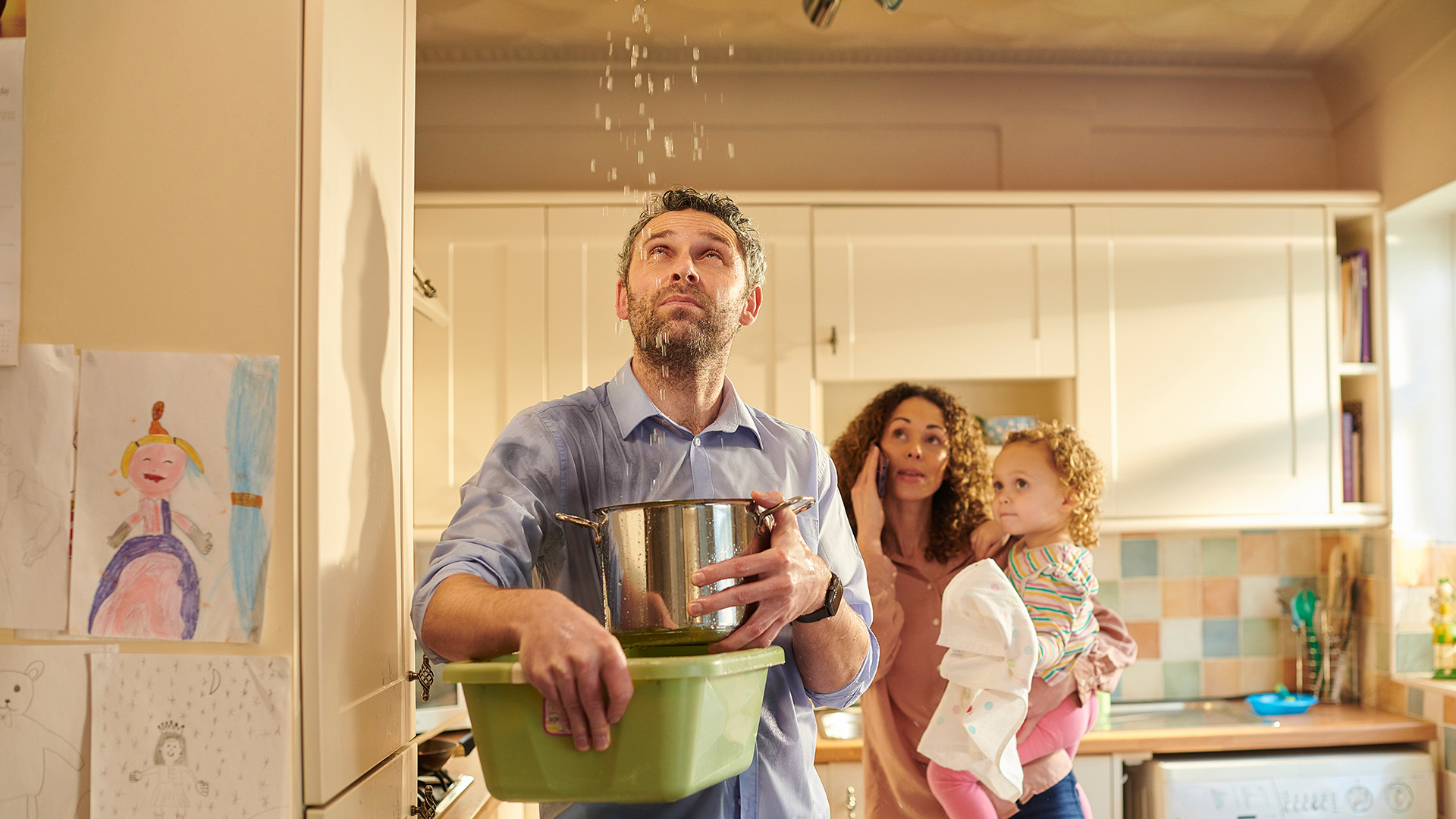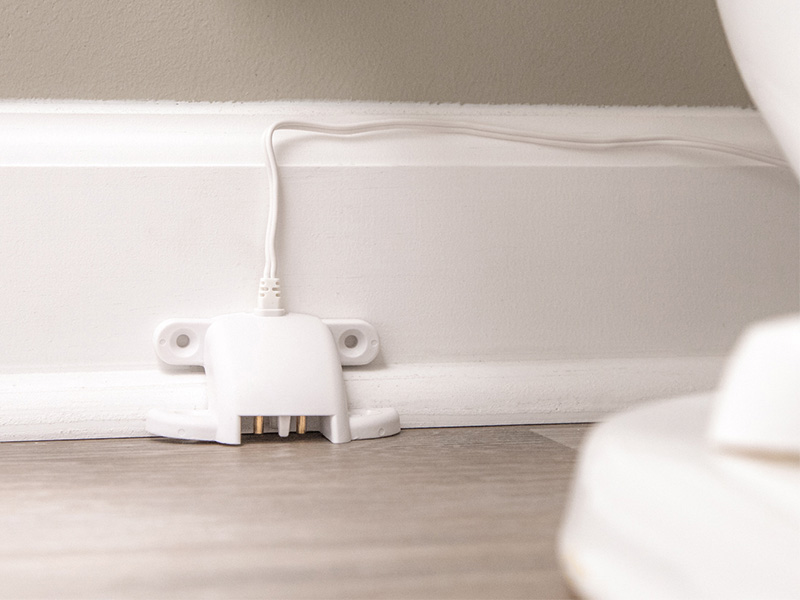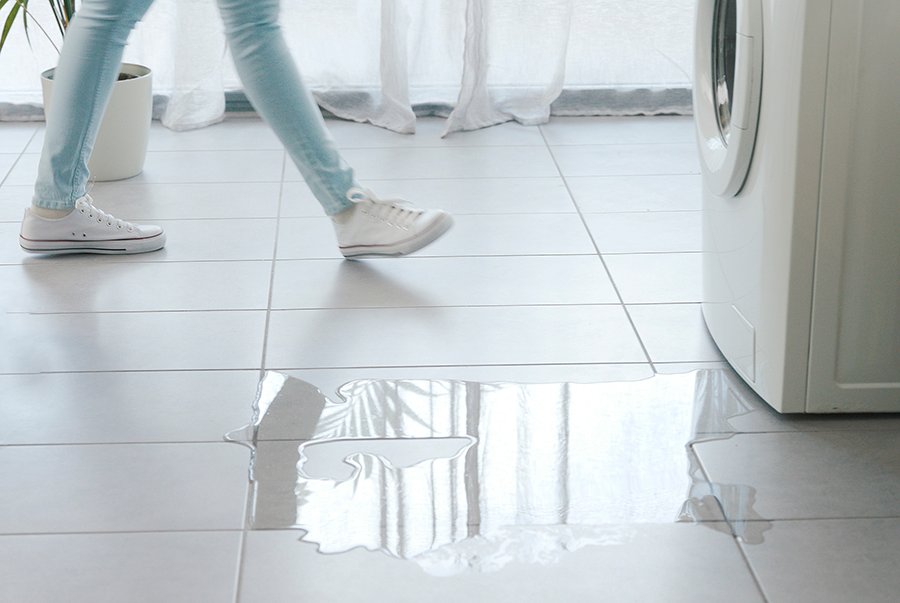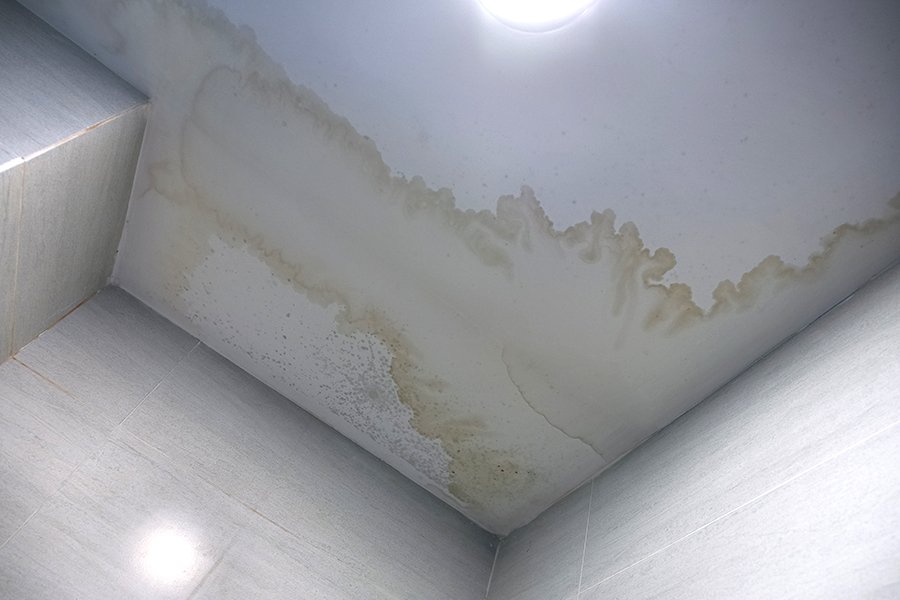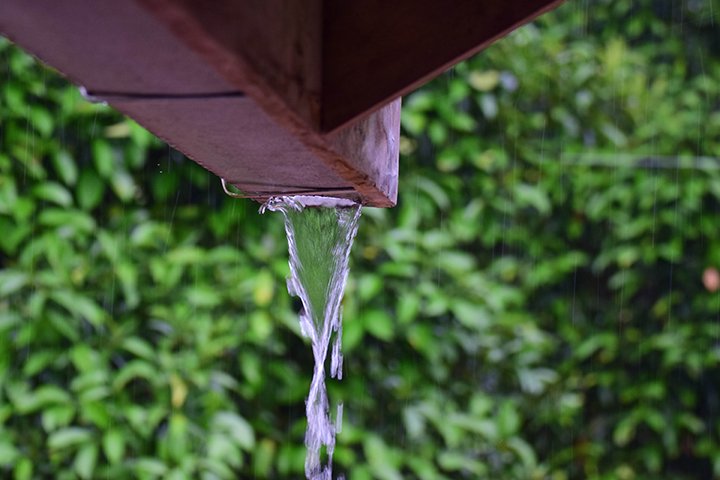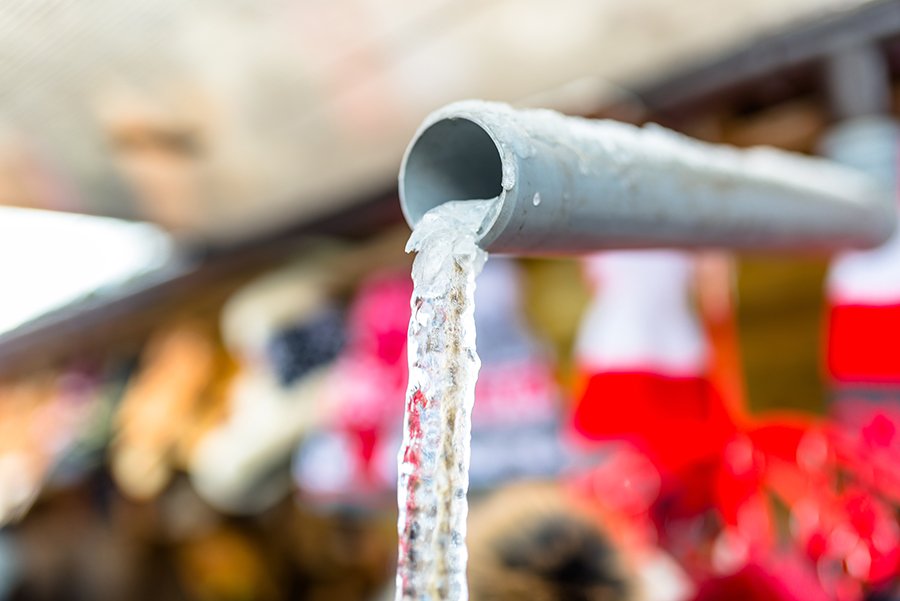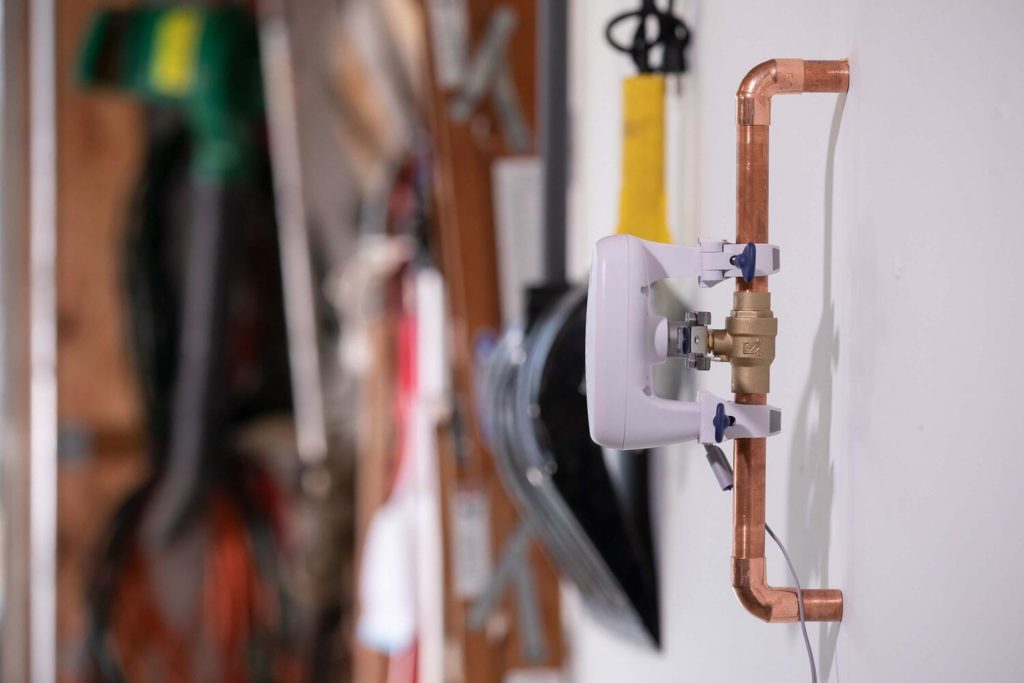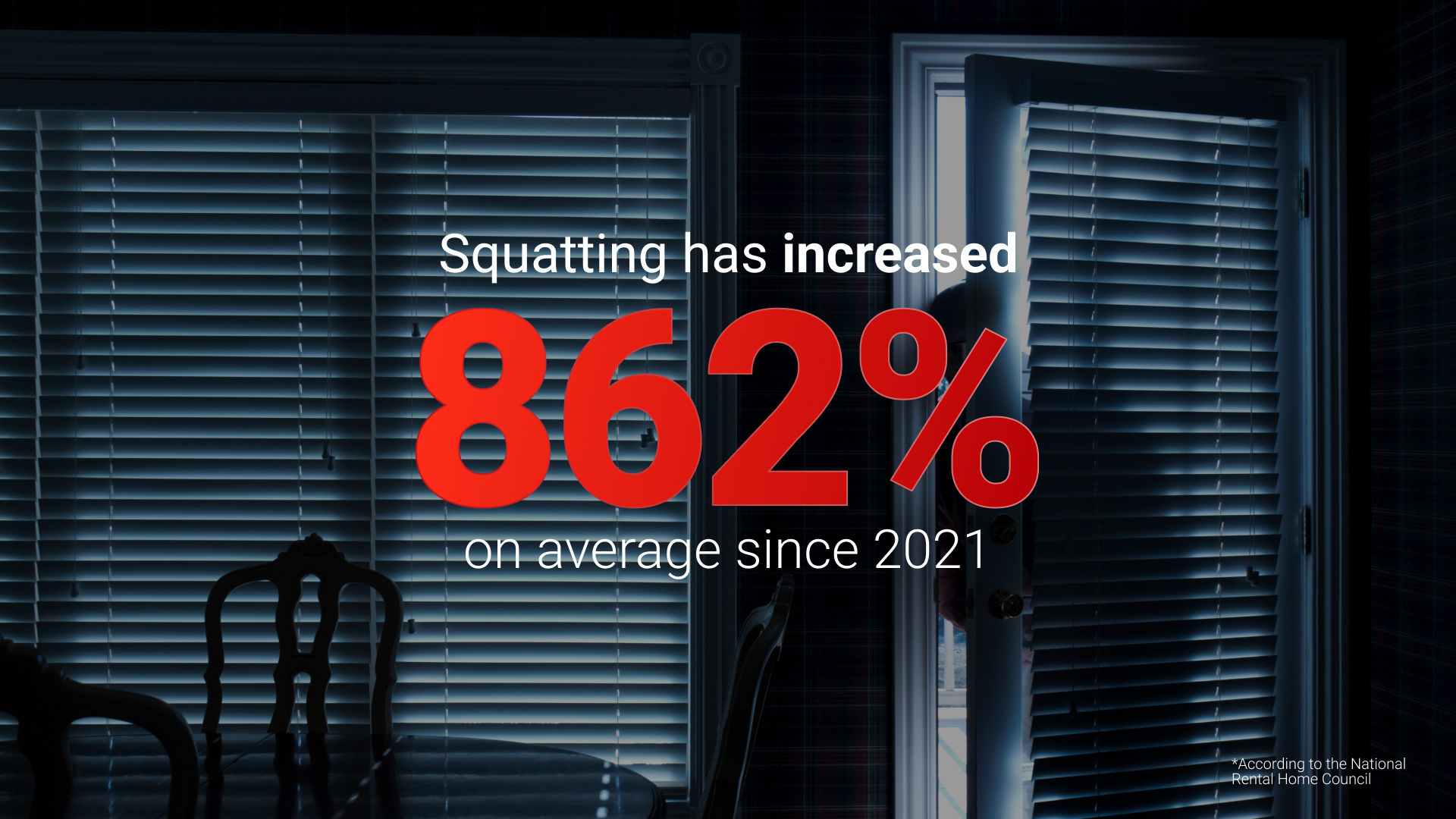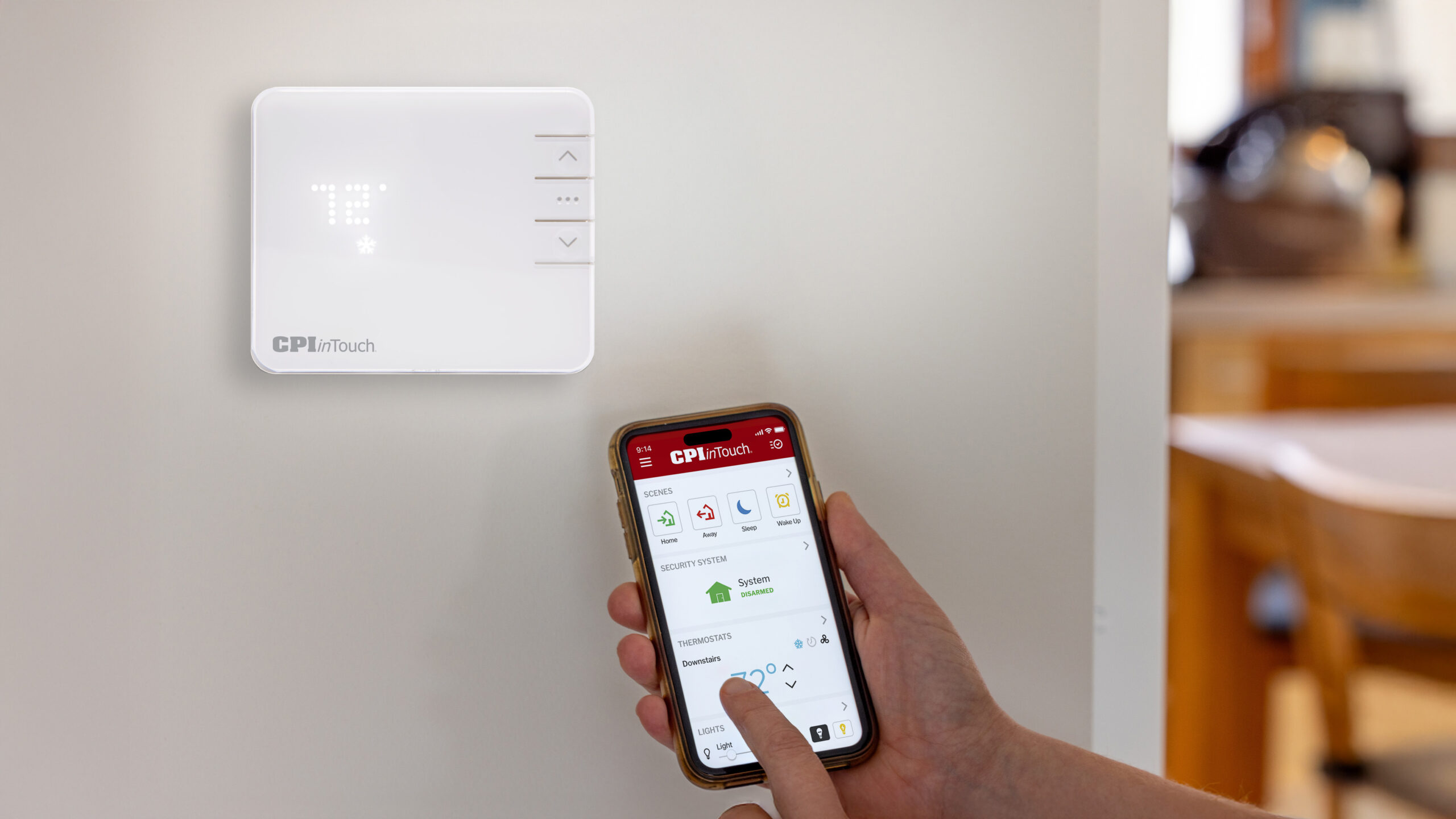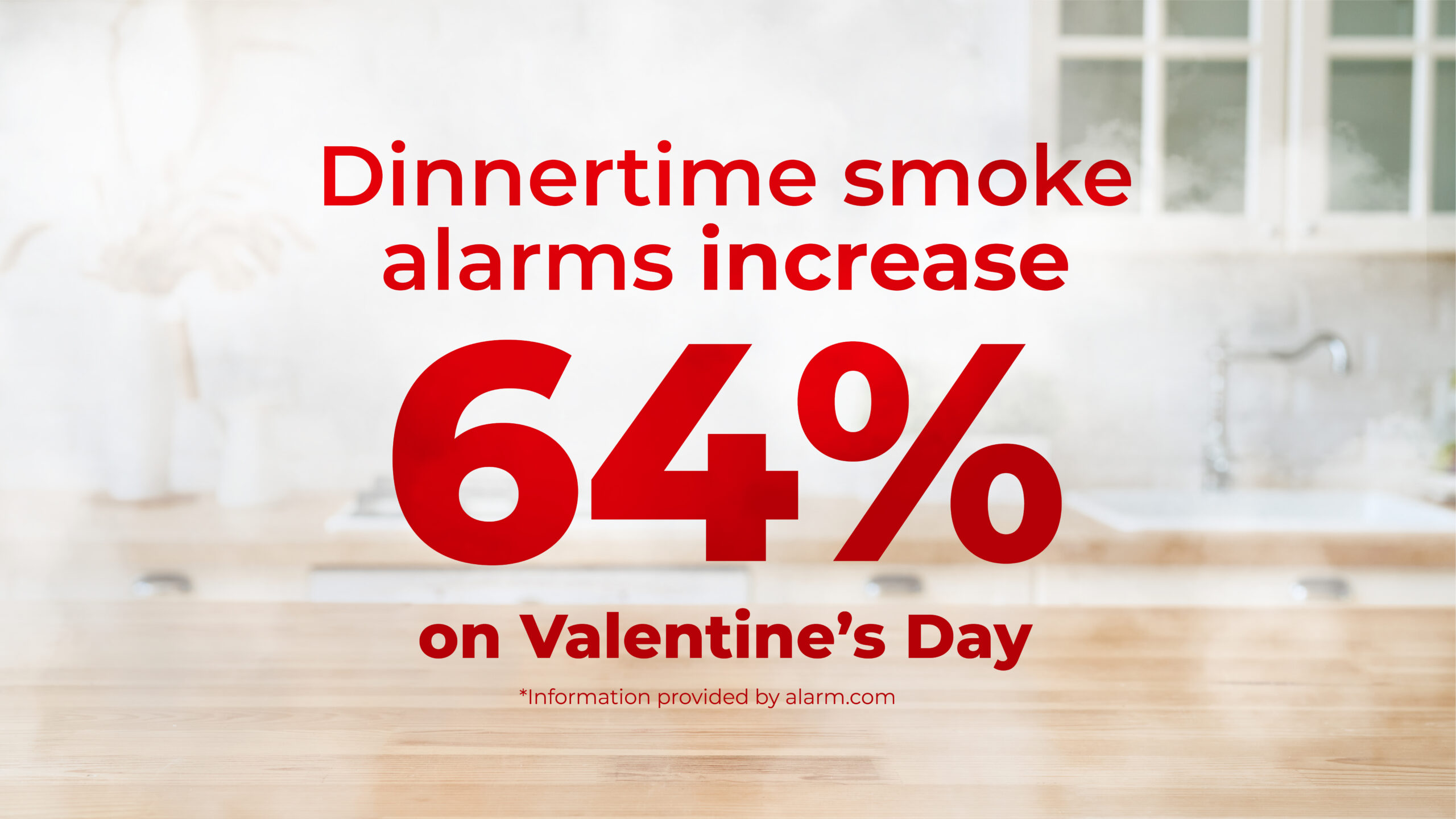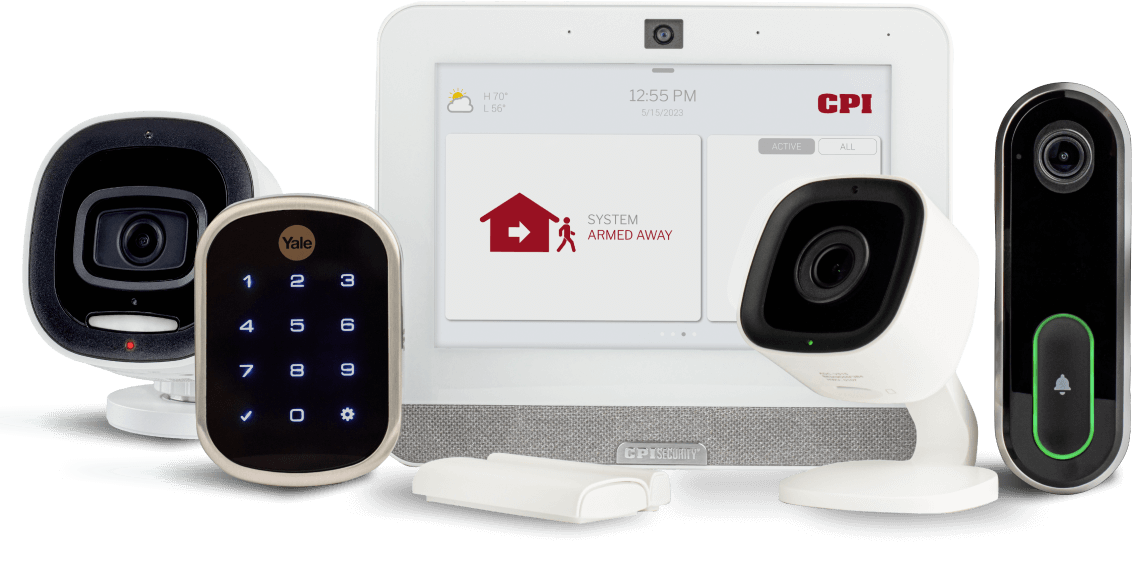Anyone who has had a pipe burst, a flooded basement, or even an overflowing toilet knows that water damage can wreak havoc on your house and wallet. Though it might not be high on your home maintenance checklist, you’ll thank yourself later for prioritizing preventative measures. You don’t want to find yourself wondering how to fix it, so here’s how to prevent water damage.
Water damage is one of the most common and most costly insurance claims for homeowners. One in about 50 homeowners will file a water damage insurance claim, and those claims, on average, come in just shy of $11,000.*
While insurance will cover most water leaks, insurance could deny coverage if the water damage is due to lack of maintenance or neglect. This article will show you how to prevent a water leak from happening with a few simple steps so you’re not stuck cleaning up or shelling out thousands when it’s too late.
Here’s How to Prevent Water Damage in Your Home:
- Know the common causes of water leaks
- Clogged HVAC Condensation Line
- Malfunctioning sinks, toilets, and showers
- Leaky or busted pipes
- Failing water heaters
- Failing washing machine supply hoses
- Spot signs of water leaks
- Increase in the water bill
- Stains on walls, floors, or ceilings
- Damaged or warped flooring
- Peeling paint
- Corroded plumbing fittings
- Keep gutters clear of debris
- For homes with basements, keep up with routine sump pump maintenance
- Keep your pipes from freezing
- Know where the water valve shut-off is located
Common Causes of Leaks and Water Damage
Contrary to popular belief, most home water leaks aren’t caused by natural disasters like hurricanes or flooding. Of course, natural disasters can cause severe water damage, but you’re more likely to experience a home water leak from a far less significant event.**
The best way to prevent a water leak in your house is to make sure pipes, appliances, and other common trouble spots are in working order.
Clogged HVAC Condensation Line
It’s important to keep up on routine maintenance of your heating and air conditioning unit to ensure your house stays at a comfortable temperature and so you don’t end up with a water leak. The moisture absorbed from your home passes into a drip pan and drains through a condensation line. If the condensation line becomes clogged, it could fill with water, overflow into the drip pan, and leak into your home. *******
Malfunctioning Sinks, Toilets, and Showers
According to the Environmental Protecting Agency, a leaky faucet that drips at the rate of one drip per second can waste more than 3,000 gallons of water per year, which is the amount of water needed for more than 180 showers. Your toilet, sink, or shower may be leaking because of old or worn-out fittings. Replacing a worn-out or decaying fitting can be a simple and inexpensive fix to an otherwise complex and costly problem.***
Because many people brush off preventative home maintenance like checking for water leaks, many CPI customers add water sensors to their home automation system. The CPI water sensor will detect water and notify you of a potential leak through the inTouchTM mobile app, reducing your chances of costly repairs by catching the leak early.
Leaky or Busted Pipes
A busted pipe will likely be easy to spot since water often leaks through the walls or spills onto the floor. But it’s better to catch a leaky pipe before the damage gets too significant. That’s why frequently checking your pipes for leaks is an essential preventative measure.
Failing Water Heaters
It’s not just piping you need to keep up with; failing water heaters are another common cause of water damage in the home. About 75% of water heaters fail before 12 years. If you have an aging water heater, consider having a professional inspect it for any problems.****
Washing Machine Supply Hoses
Washing machine supply hoses are another culprit for water leaks in your home. On average, washing machine supply hoses fail after about 8.7 years. If your washing machine is getting older, have it inspected, and consider installing a replacement hose.****
Remember, anything that is using water is capable of causing a water leak. Think ice machines, dishwashers, refrigerator water supply lines, fish tank pumps, or water filtration systems. If the appliance uses water, it’s capable of having a water leak.
How to Spot Signs of Water Damage
Even with appropriate preparation, water leaks can catch you off guard. Spotting the signs of a water leak early can make all the difference in how severe the damage is. Here are a few warning signs that can help you catch the leak before it’s too late.
Increase in Your Water Bill
If you notice an increase in your water bill and can’t think of a plausible reason for the hike, you could have a water leak. Here’s one way to find out – check your water meter before and after a two-hour time span when no water is used. If the meter changes, there’s a good chance you have a leak. ***
Stains on the Floors, Walls, or Ceilings
If you notice stains or discoloration on your floors, walls, or ceilings, there could be a water leak. But keep in mind the stains may not tell the whole story. Because water travels, the stain could appear in one spot, but the leak may be in another. This is where a plumber or restoration specialist can be helpful.
Damaged or Warped Flooring
Whether it’s a water leak, a busted pipe, or even a little moisture, warped or damaged flooring is a sign that something is awry. But before you tear out the flooring, consider using a moisture meter to test for elevated moisture content.
Peeling Paint
Paint peeling on your walls or ceilings can also be a sign of water damage. If you’re in the market for a new home, look for peeling paint, damaged or warped flooring, and stains on the walls. These are tell-tale signs of a house with water woes.
Corroded Plumbing Fittings
At least once a year, inspect fittings for fixtures like sinks, toilets, tubs, and appliances. Even if there isn’t water leaking, spending a small amount on preventative maintenance will save you from spending big bucks on water repair.
Keep in mind, if water damage goes undetected or untreated, it could lead to mold. Mold can cause serious health problems, so it’s best to deal with it as soon as possible.
Keep Gutters Clear of Debris
Though not the most exciting of home improvement projects, keeping your gutters clear of debris is well worth the trouble of climbing up a ladder every few months.
Gutters help keep water away from your home. If gutters are blocked with leaves or a bird’s nest, rainwater has nowhere to go except spilling down the sides of your house.
Trapped water can rot the wood that your gutters are mounted to, leading to moisture getting inside the home. And pooling water near the base of your home can cause your foundation to erode, weakening the structure. *****
Sump Pump Maintenance
About 98% of homes with a basement will experience water damage at some point.** Sump pumps are meant to pump seeping water from your basement and prevent flooding. But a sump pump won’t do you any good if it isn’t working. Run a test on your sump pump at least once a year, and consider purchasing a battery backup sump pump so your basement isn’t left unprotected if the power goes out during a storm.
Keep Your Pipes From Freezing
Nearly 20% of plumbing supply failures are the result of freezing pipes. If you’re going out of town during the winter months, don’t shut your heat off completely. It’s important to keep your pipes from freezing so they don’t burst while you’re gone. Consider managing your home’s temperature no matter where you are with CPI’s Smart Thermostat. Pipes most likely to freeze are near uninsulated walls, exterior doors, and the garage. Add insulation wherever you can and wrap exposed pipes with foam covers.******
Know Where the Water Shut-Off Valve is Located
As soon as you detect a water leak or a pipe burst in your home, cut off the water source. This can minimize the amount of damage the water leak causes. Seconds matter, so knowing where your water shut-off valve is located before an emergency can save you time and money.
But what if you aren’t home when a pipe bursts? With CPI’s new Smart Water Shut-Off Valve, you can cut the water off no matter where you are. Since CPI water sensors are integrated with your home automation and security system, you’ll be alerted to flooding water via the inTouchTM app. By adding CPI’s new Smart Water Shut-Off Valve to your system, it can automatically shut off the water if a water sensor detects a leak, or you can shut off the water anytime you need to, no matter where you are, through the InTouchTM app. Think about how much trouble that could save you. Crisis averted! Or, at the very least, minimized.
The next time you think about skipping pipe maintenance or cleaning your gutters, just remember about 14,000 people in the U.S. experience a water damage emergency per day.**** These simple tasks could keep you from becoming part of that statistic. For more information on preventative measures that protect your home, read our Home Maintenance Checklist for All Seasons blog.
Sources:
* Forbes Advisor, “Homeowners Insurance for Water Damage”
** Water Damage Advisor, “Water Damage Statistics”
*** U.S. EPA, “Fix a Leak Week”
**** Mold Be Gone, “Water and Flood Damage Facts”
***** Erie Insurance, “5 Problems Caused by Gutters”
****** Mallory Valley Utility District, “Frozen Pip Prevention”
*******Blair’s Air Conditioning and Heating, “How to Unclog a Clogged AC Drain Line”
